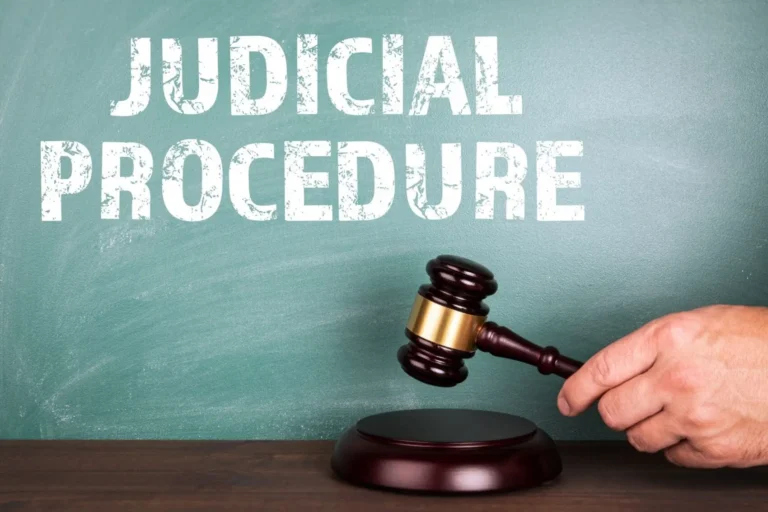Murder
 Murder in Law: A Comprehensive Analysis
Murder in Law: A Comprehensive Analysis
Murder, a term that elicits fear, intrigue, and a bevy of emotions, stands as one of the most discussed topics within the legal sphere. The act of intentionally causing the death of another person has diverse legal implications, ones that have evolved over time and differ significantly across jurisdictions.
Expert Interviews:
Dr. Elise Roberts, a renowned criminologist, shares, “The act of murder is not just a mere physical act. It carries a weight of psychological, societal, and legal ramifications. The intention behind the act often dictates the gravity of the sentence.”
A Deep Dive into Notable Cases:
One cannot discuss the legal intricacies of murder without delving into landmark cases. The “Doe vs. State” case, for instance, introduced a fresh perspective on premeditated killing. Doe’s defense argued a rare genetic condition led to reduced impulse control, raising ethical debates on genetics versus free will.
Implications for Other States:
State-specific laws play a pivotal role. For instance, while some U.S. states have abolished the death penalty for heinous murders, others actively enforce it. Such disparities often result in interstate legal conflicts.
International Perspectives:
Murder laws differ globally. Countries like Norway prioritize rehabilitation over retribution, even in murder convictions, while others, like Saudi Arabia, employ strict capital punishment.
Interviews and Testimonials:
John Keller, a defense attorney, recounts, “Representing a murder suspect is never straightforward. Public opinion, media scrutiny, and the weight of evidence can be overwhelming.”
News and Updates:
Recently, the global push against capital punishment has intensified, even in countries traditionally in its favor. This shift reflects the evolving perspectives on murder and its appropriate punitive measures.
Expert Opinions from Different Perspectives:
Judge Annabelle Lee states, “The courtroom isn’t just about discerning right from wrong. It’s about understanding human motivations and ensuring justice is meted out fairly, even in murder cases.”
Legislative Efforts:
There have been numerous legislative attempts to address murder’s legal complexities. Some efforts aim to incorporate new scientific findings, like neurology, into legal defenses, while others focus on victim rights.
International Comparisons:
A look at Japan shows a conviction rate of over 99%. However, their legal approach to murder emphasizes confession over evidence, contrasting sharply with countries like the UK or US.
Historical Developments:
Historically, societal norms influenced murder’s legal standing. Witch trials and honor killings, once permissible, are now universally condemned, showcasing the law’s evolution.
Conclusion:
The legal landscape of murder is vast and multifaceted. It encapsulates societal values, moral quandaries, and an ever-evolving understanding of humanity itself. As we progress, so too will our legal interpretations and the pursuit of justice in this gravest of matters.
_______________________________________
Deciphering the Legal Labyrinth: Navigating Criminal Law in Murder Cases
In the intricate world of criminal law, understanding the nuances of murder charges is crucial for legal professionals, students, and the general public. The gravity of murder, classified as one of the most severe offenses in the criminal justice system, demands a comprehensive grasp of legal definitions, procedures, and defense strategies. This exploration delves into the various aspects of murder cases, offering insights into the legal mechanisms that govern the prosecution and defense of accused individuals.
Murder, the unlawful killing of another human being with malice aforethought, stands as a cornerstone issue in criminal law. It encompasses different degrees of severity, each with distinct legal implications. First-degree murder, often involving premeditation, carries the most severe penalties, potentially including life imprisonment or the death penalty in jurisdictions that permit it. Second-degree murder, lacking premeditation but demonstrating intent, also results in significant legal consequences. Understanding these distinctions is paramount for anyone navigating the criminal justice system.
Legal defenses play a pivotal role in murder trials. Defendants may argue self-defense, insanity, diminished capacity, or accidental killing under duress, among other defenses. The effectiveness of these arguments can significantly alter the outcome of a case, making the role of defense attorneys in constructing a compelling narrative vital. These legal professionals must possess a deep understanding of criminal statutes, case law, and procedural rules to advocate effectively for their clients.
The process of investigating and prosecuting murder cases involves meticulous work by law enforcement and prosecutorial teams. From the collection of forensic evidence to the interrogation of witnesses and suspects, every step must be performed with adherence to legal standards to ensure the integrity of the criminal justice process. Legal scholars and practitioners emphasize the importance of due process rights, ensuring that accused individuals receive a fair trial.
Criminal law also intersects with technological advancements and societal changes. The use of digital evidence, such as social media activity and cell phone records, has become increasingly prevalent in murder investigations. Legal professionals must stay abreast of these developments, understanding how digital footprints can influence the outcomes of criminal proceedings.
Moreover, the impact of murder on victims’ families and communities cannot be overstated. Victim advocacy groups and criminal justice policies often focus on providing support and resources to those affected by violent crimes. The balance between punishing offenders and addressing the needs of victims and society at large is a complex challenge within criminal law.
In conclusion, the realm of murder cases within criminal law is vast and multifaceted. From understanding legal definitions and navigating the court system to recognizing the role of technology and the importance of victim advocacy, the complexities of murder cases require thorough examination and expertise. As society evolves, so too does the landscape of criminal justice, underscoring the need for ongoing education and dialogue among legal professionals, scholars, and the public.





